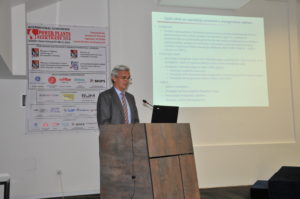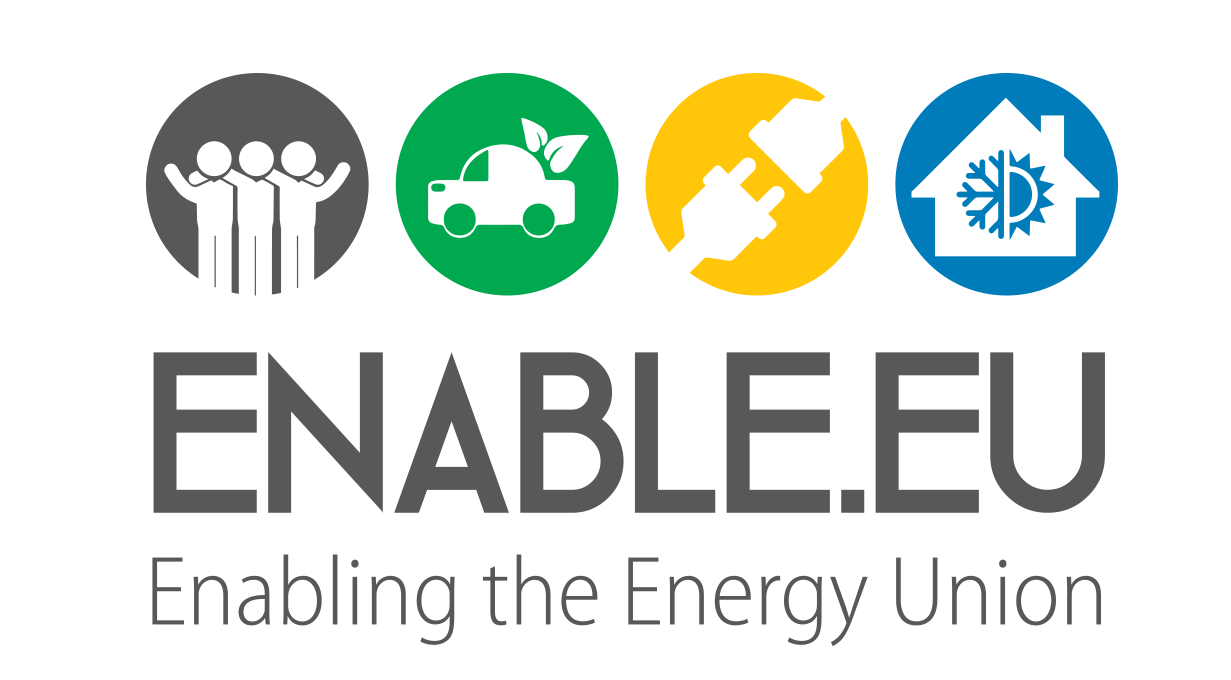 Ljubo Maćić of the Economics Institute in Belgrade, Serbia, recently presented the ENABLE.EU project at the Elektrane Power Plants 2018 conference, held in Belgrade, Serbia on 5 November 2018, as part of Serbia’s approach to meeting 2030’s energy and climate targets.
Ljubo Maćić of the Economics Institute in Belgrade, Serbia, recently presented the ENABLE.EU project at the Elektrane Power Plants 2018 conference, held in Belgrade, Serbia on 5 November 2018, as part of Serbia’s approach to meeting 2030’s energy and climate targets.
Thanks to the Paris Climate Agreement and its accession to the European Union, Serbia is gradually assuming the obligations which will have a crucial influence on the development of its energy sector, especially on electricity generation, in coming decades. The European Union is now establishing ambitious energy and climate targets for 2030, to increase energy efficiency, to increase the share of renewable energy sources in gross final consumption, and to reduce greenhouse gas emissions. There is an open discussion within the working bodies of the Energy Community on the conditions and methods for the realization of these targets. It is expected that these issues will be on the agenda of community institutions, and that the adoption of relevant recommendations or decisions may be proposed. The introduction of these targets, their scope and the dynamics for Serbia’s compliance with them are particularly important because of three aspects: (1) The high share of lignite in electricity production; (2) The impact on energy prices and on the social sphere; and (3) The impact on economic, scientific and technological development and employment. Possible effects and consequences of expected proposals, important factors and specificities and possible feedbacks and outcomes are considered within this framework.
